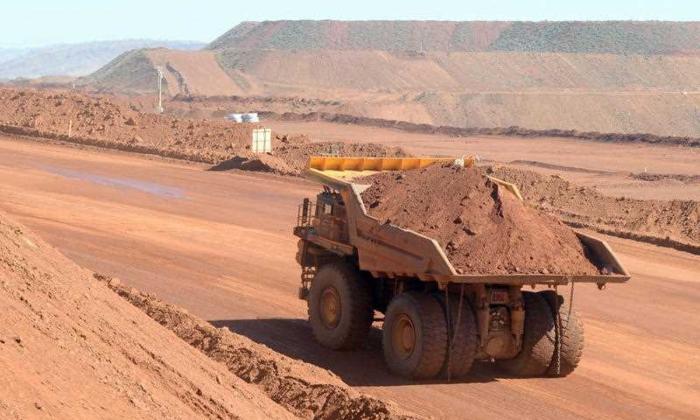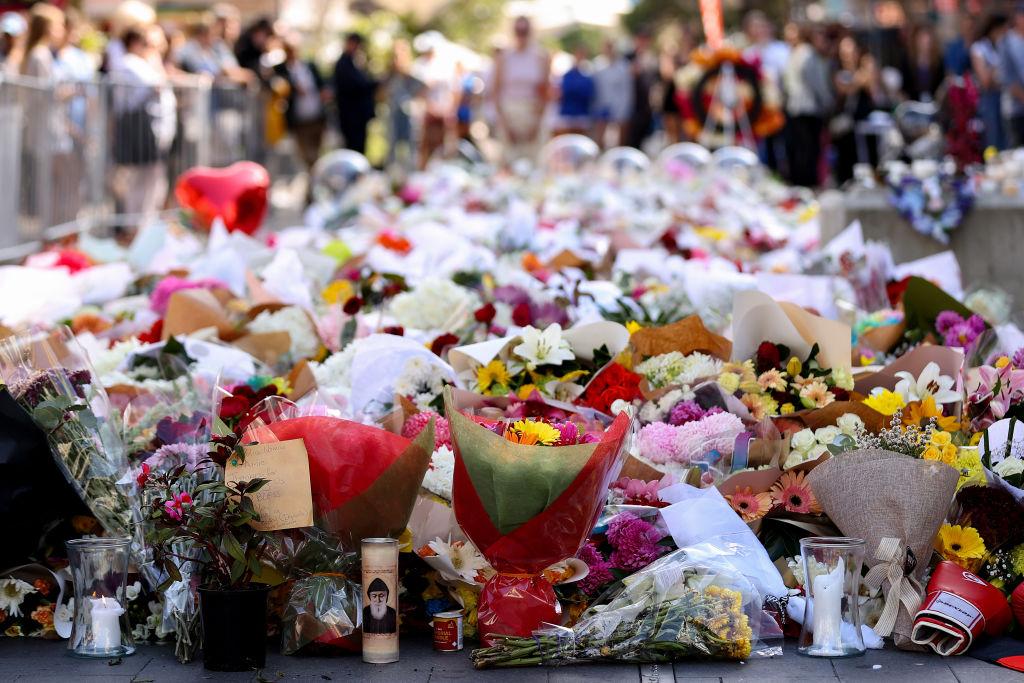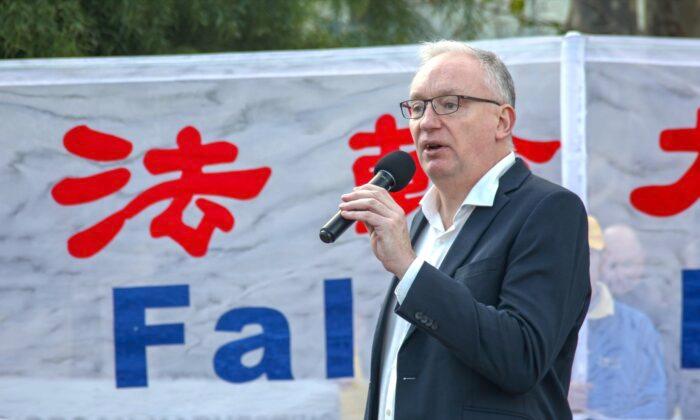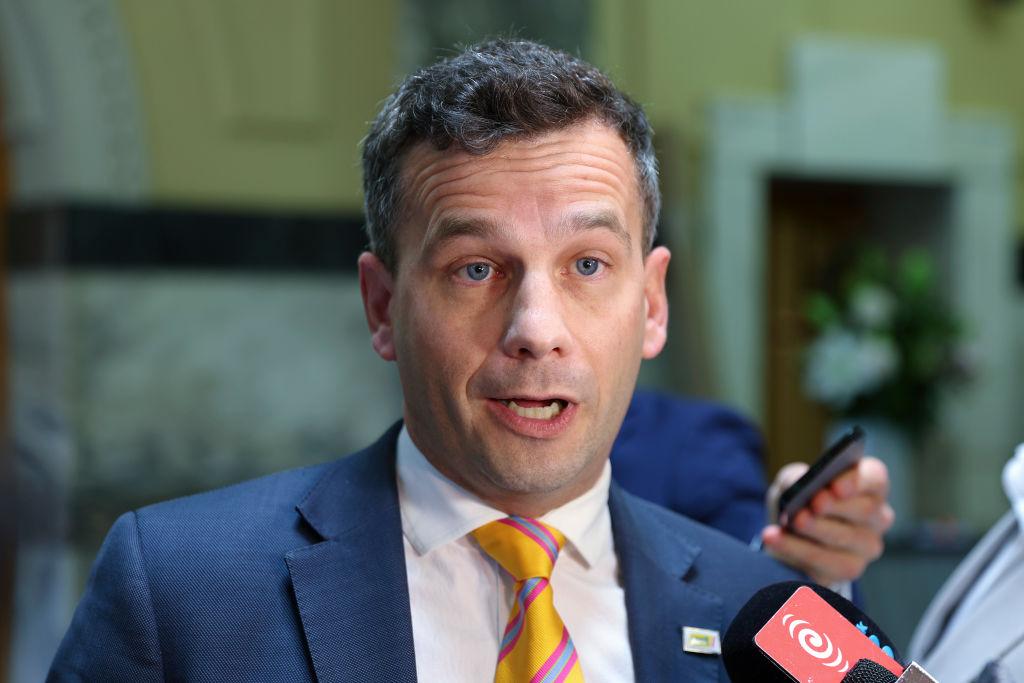Strong global commodity prices have benefited Australia’s federal budget, which is officially back in black this year for the first time in 15 years.
The figures also show that the government was running on a surplus of $24 billion in May alone.
Higher-than-expected tax collection numbers are being driven primarily by strong commodity prices, particularly iron ore and coal.
However, the opposition is arguing that the prime minister can’t take credit for the higher royalties and company tax receipts from the resources sector, which significantly improved the budget’s bottom line.
“They achieve a surplus in this year because that’s what they’ve been bequeathed from a coalition government of nine years,” he told Sky News Australia on Sunday.
“And then, when they’re on their own over the next five, six, seven years, all projected to be deficits.”
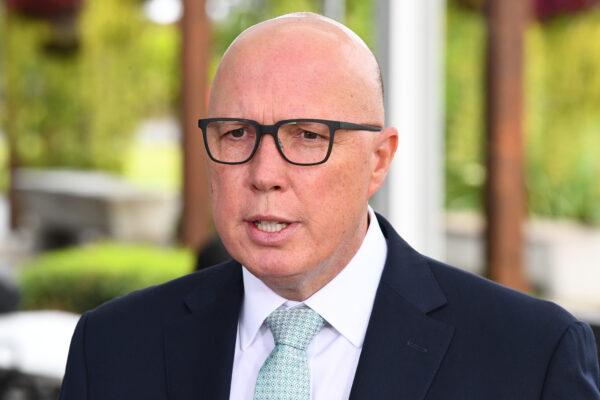
Dutton’s comments come after Prime Minister Anthony Albanese claimed the surplus, was delivered on the back of Labor measures and policies.
“It will take pressure off inflation, and the government’s been determined to do that because we understand that people are under pressure with cost of living increases and we need to take that pressure off inflation.
“So, my government has been determined to put in place policies that take pressure off cost of living whilst not putting pressure on inflation.”
Albanese added he believes that Australians will look at the federal budget in a positive light.
“I believe that Australian families will look at the federal budget and say it is good that we have a government that is putting in place responsible budget management in order to put that downward pressure on inflation,” he said.
“They know that responsible economic policy from the federal government is important and has a flow-on impact that is positive for families.”
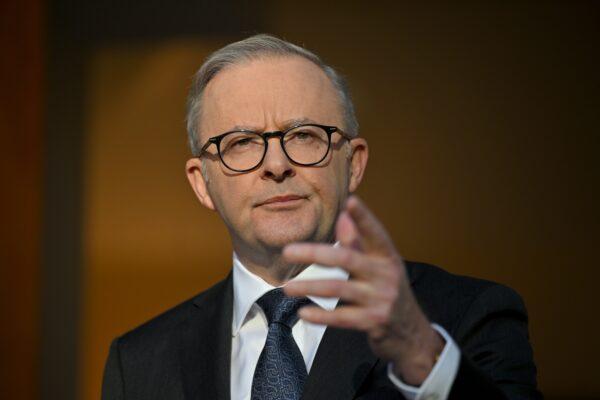
But Shadow Climate Change and Energy Minister Ted O’Brien disagreed, saying that Australian households were in pain from cost of living pressures while highlighting that the surplus was simply a one-off.
“If it were good policy, they'd be forecasting surpluses well into the future—but that’s not the case.
“Where there’s a surplus, it’s because the government is receiving more tax dollars. They are taxing companies, they are taxing the Australian people.”
Dutton previously criticised Labor for scrapping the Coalition’s low and middle income tax offset and 23.9 percent tax cap.
“Compared to our last Budget, over the next five years, the tax paid by Australians will increase by more than $300 billion,” he said in the budget reply speech in May.
“Taxation is the killer of aspiration,” Dutton said.
“People should be rewarded for their hard work by keeping more of what they earn so they don’t become the new working poor.
“The more you keep from what you earn, the less you’re dependent on the state.”
The Lucky Country
The sentiment about Australia’s luck was shared by one of the country’s best-known economists, federal budget analysis expert Chris Richardson.“Partly that’s as war drove up commodity prices, & partly it’s as inflation took money from the punters & placed it into the pockets of the govt (& of business).”
Richardson also noted that this budget surplus didn’t change the overall budget sentiment—that it was good now and would be challenging later.
Historically, the largest budget surplus Australia has ever delivered was $19.7 billion (not accounting for inflation) in 2007-08, which had been the sixth consecutive surplus at the time and the 10th surplus since 1997-98.
Surplus Influence on Cash Rate Uncertain
The budget surplus was revealed just ahead of the Reserve Bank of Australia’s (RBA) monthly board meeting for July’s cash rate decision.Richardson said that government policies to reduce public spending can help ease pressure on the RBA to increase the official interest rate.
“But higher interest rates aren’t the only way to take money out of the economy. The government could help the Reserve Bank by raising taxes or cutting spending.”
The RBA governor, Philip Lowe, previously warned the government that wage hikes not tied to productivity would be inflationary, which in turn would force the RBA’s hand to increase interest rates.However, the Labor government insists that its recent public sector wage hikes will not contribute to the inflation problem.
“There’s a whole range of other reasons, and even when you break down the inflation stuff, it’s not being caused by wages.”
